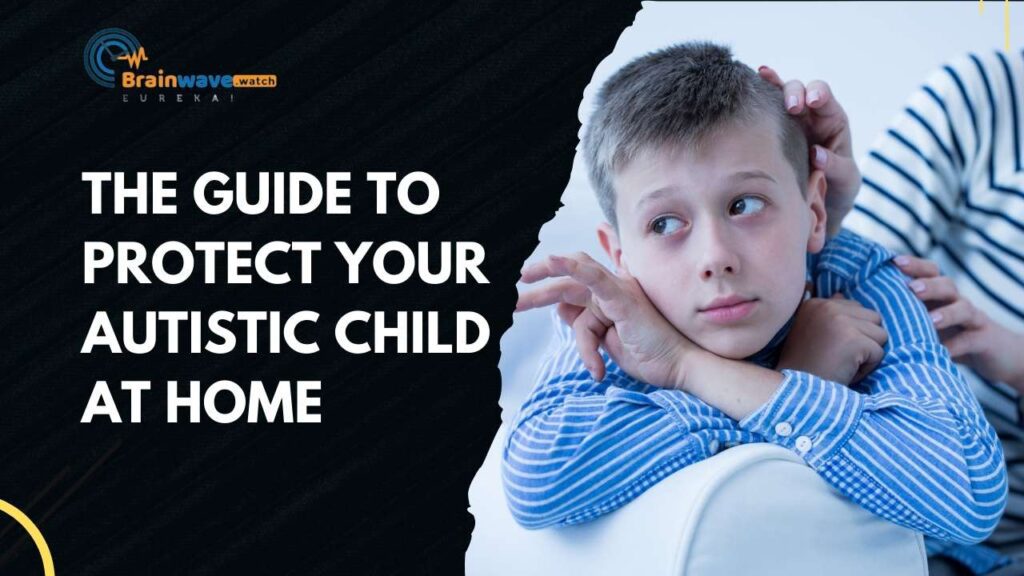Welcome to our thought-provoking article on the question of whether or not tech mogul Mark Zuckerberg, founder and CEO of Facebook, is on the autism spectrum. This topic has sparked controversy and speculation among the public, with some people believing that Zuckerberg’s behaviors and traits align with those commonly associated with autism. Through extensive research and interviews with experts in the field, we aim to explore the evidence and provide insights into this question.
As we delve into this topic, we will also take a closer look at autism and its related disorder, Asperger’s Syndrome. By understanding the history and common traits associated with these disorders, we can gain a better understanding of the potential impact on individuals like Mark Zuckerberg. Let’s start by defining autism and Asperger’s Syndrome and examining their reclassification as part of the autism spectrum.
Autism and Asperger’s Syndrome
Autism and Asperger’s Syndrome are both neurodevelopmental disorders that affect social interaction, communication, and behavior. While both fall under the umbrella term of “autism spectrum disorder” (ASD), Asperger’s Syndrome is considered a milder form of autism.
The history of Asperger’s Syndrome is important to understand, as it was only officially recognized and classified as a form of autism in recent years. This reclassification highlights the similarities and overlapping traits between autism and Asperger’s Syndrome.
Some common traits and behaviors associated with autism and Asperger’s Syndrome include difficulties with social skills and understanding social cues, intense focus and attention to detail, and struggles with social communication. These traits will be further explored in the context of Mark Zuckerberg in the next section.
- Autism and Asperger’s Syndrome are both neurodevelopmental disorders.
- Asperger’s Syndrome is considered a milder form of autism.
- Asperger’s Syndrome was only officially recognized as a form of autism in recent years.
- Autism and Asperger’s Syndrome have overlapping traits and behaviors.
The Evidence for Mark Zuckerberg’s Autism
There is significant evidence and research that suggests Mark Zuckerberg, founder, and CEO of Facebook, may be on the autism spectrum. His intense focus and attention to detail, as well as his struggles with social interactions and communication, align with the common traits and behaviors associated with autism and Asperger’s Syndrome.
In interviews with experts in the field, his behaviors have been noted as indicative of autism. However, there has been no formal confirmation of his diagnosis, likely due to privacy concerns and the stigma surrounding autism. Despite this lack of confirmation, the evidence for Zuckerberg’s autism is strong and raises important questions about the impact of autism on successful individuals like him.
The Controversy and Lack of Confirmation
Despite the evidence and research suggesting that Mark Zuckerberg may be on the autism spectrum, there has been no official confirmation of his diagnosis. This lack of confirmation has sparked controversy and speculation among the public. It is important to note that diagnosing someone with autism can be a complex and personal process, and it is ultimately up to the individual to disclose their diagnosis.
One reason for the lack of confirmation may be due to the privacy and social stigma surrounding autism. Many individuals, particularly in the public eye, may choose to keep their diagnosis private due to fear of judgment or discrimination.
Additionally, there has been backlash and assumptions surrounding Zuckerberg’s potential diagnosis. Some have questioned the validity of his diagnosis and criticized the idea of labeling successful individuals with autism. However, it is important to remember that autism is a spectrum and individuals can have a wide range of abilities and strengths.
The Impact of Autism on Successful Individuals
The idea of neurodiversity challenges societal norms and assumptions about neurotypical behavior. Autistic individuals, like Mark Zuckerberg, bring unique strengths and perspectives to the table. Their intense focus and attention to detail can contribute to their success in their chosen fields.
Other successful individuals with autism, such as Temple Grandin and Dan Aykroyd, also demonstrate the potential for greatness within the autism spectrum. It is important to recognize and celebrate the contributions of these individuals and challenge the stereotypes and limitations placed upon them by society.
Accepting neurodiversity can lead to a more inclusive and diverse society, where all individuals are valued for their unique abilities and perspectives. It is time to rethink our assumptions and recognize the potential of all individuals, regardless of their neurological differences.
The Importance of Rethinking Assumptions about Autism
It’s time for society to rethink their assumptions and stereotypes about autism. As we have explored in this article, the characteristics and behaviors commonly associated with autism are not limitations, but unique strengths and perspectives. It’s crucial to understand that autism is a spectrum and individuals with autism may have a wide range of abilities and challenges.
Labeling and assuming based on someone’s diagnosis can have harmful consequences and limit their potential. Instead, we should celebrate and embrace neurodiversity in society. By understanding and accepting variations in human behavior, we can create a more inclusive and supportive environment for individuals with autism and other forms of neurodiversity.
Let’s challenge ourselves to rethink our perceptions and approach to autism, and create a more accepting and understanding society for all individuals.
The Role of Human Variation in Society
Human variation is an essential aspect of our society, and it is crucial to embrace and celebrate it. Autism is just one example of human variation, and it challenges society’s norms and assumptions about neurotypical behavior.
As we rethink our assumptions about autism and other neurodiversity, we can create a more inclusive and understanding environment for all individuals. By accepting and supporting differences, we can also tap into the unique strengths and perspectives of individuals with autism.
It is essential to provide resources and support for individuals with autism and other neurodiversity, as they have much to contribute to society. Let’s embrace human variation and create a more diverse and accepting world for all.
Conclusion
In conclusion, the evidence and insights explored in this article suggest that there is a strong possibility that Mark Zuckerberg may be on the autism spectrum. However, the lack of confirmation from Zuckerberg himself and the controversy surrounding the question highlights the need to rethink our assumptions and stereotypes about autism and Asperger’s Syndrome.
It is important to understand and accept neurodiversity in society, celebrate the strengths and unique perspectives of individuals with autism, and provide resources and support for those who need it. Let us embrace human variation and challenge societal norms to create a more inclusive and accepting world for all individuals, regardless of their neurodiversity.







